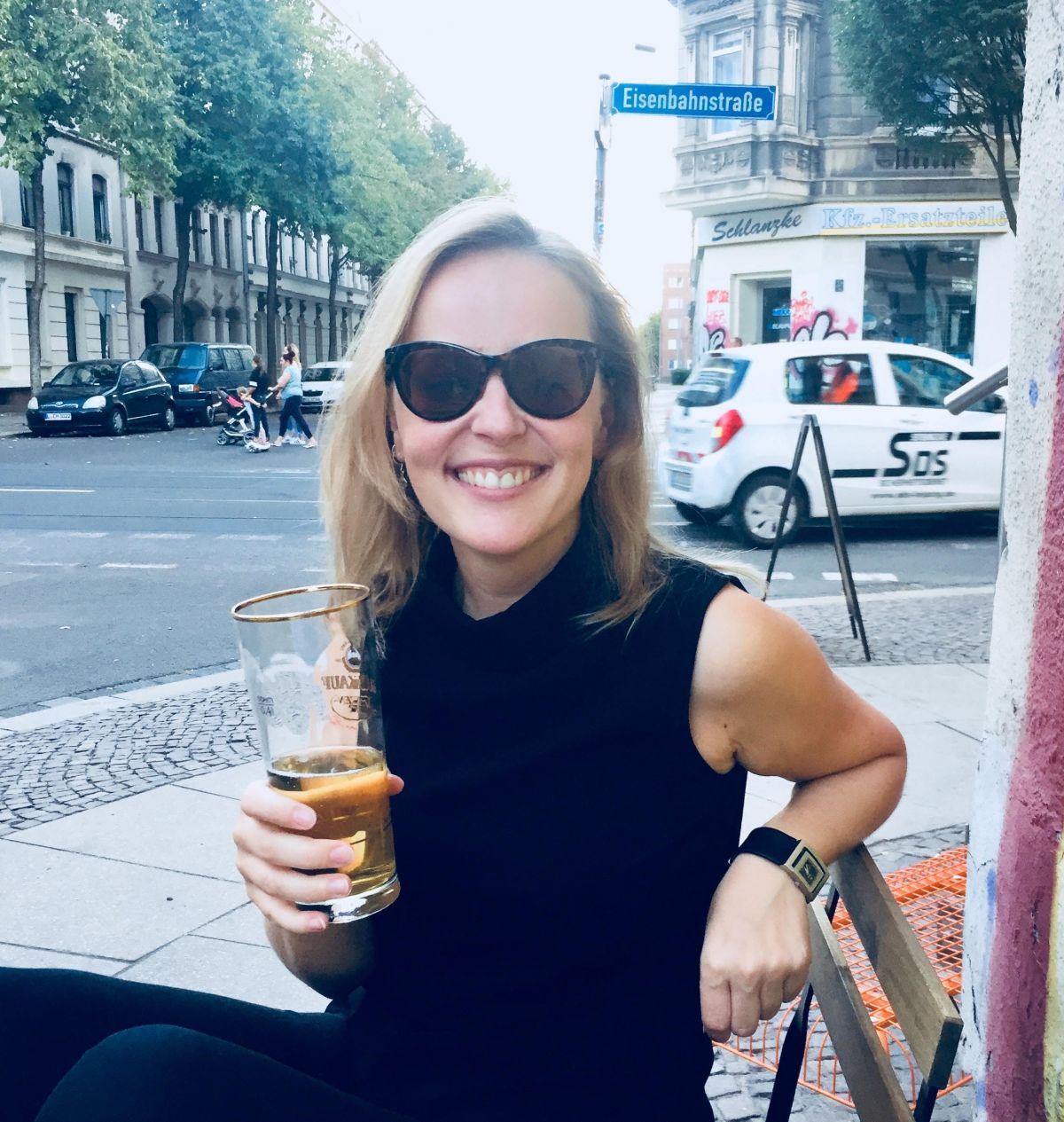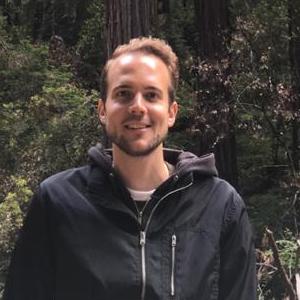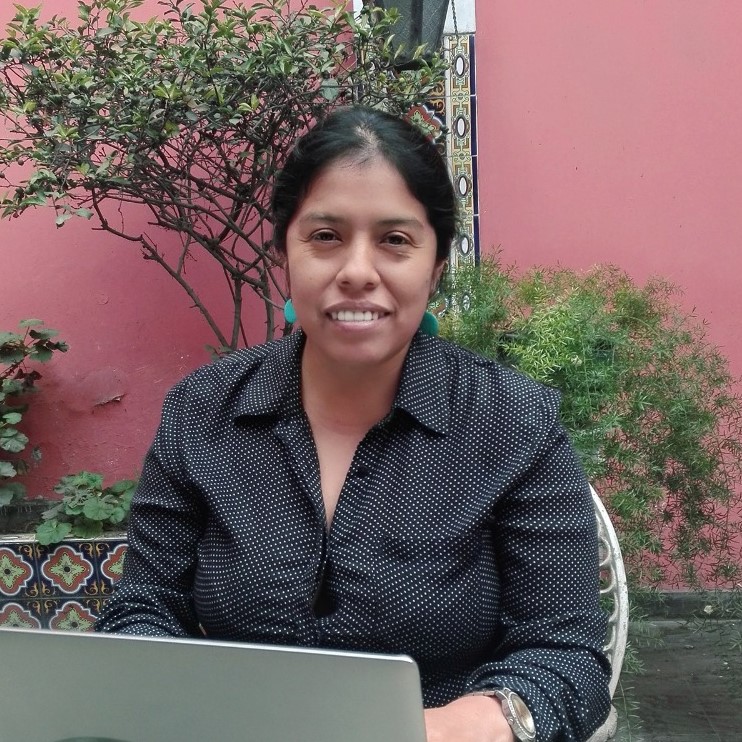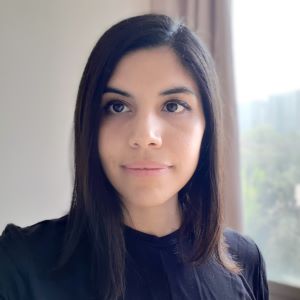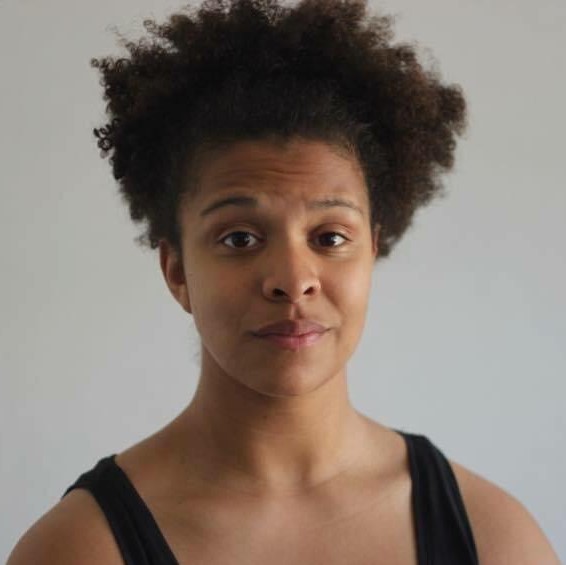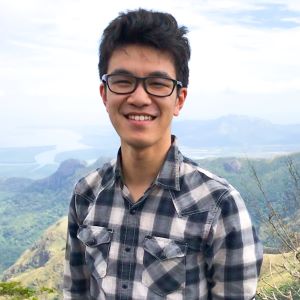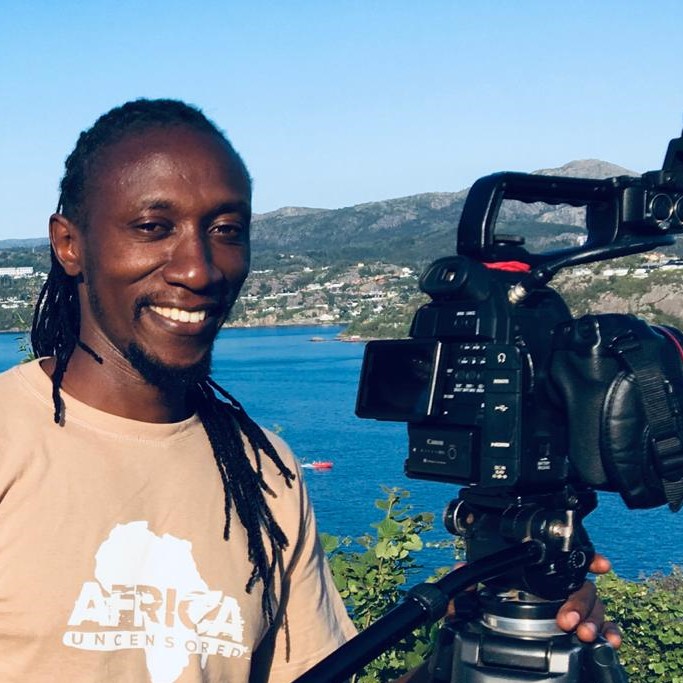История двух стран: Часть І
Восточная Германия отличается от западной не только из-за разделения после второй мировой войны, но и в результате последовавших за их воссоединением событий. Хотя единство это и хорошо, принятие отличий и разногласий может открыть путь к еще большему взаимному уважению.
Germany, Western Europe
Story by Janina Cymborski. Translated by Илья Еременко
Published on December 19, 2020.
This story is also available in 






Есть два вида немцев: восточные и западные. Воссоединение Германии в 1990 ознаменовало конец двух отдельных германий, но 40 лет разделения оставили свой отпечаток, в особенности на восточной части. Восточные немцы, к которым принадлежу и я, жили в Германской Демократической Республике (ГДР). Сегодня они составляют примерно 15% всего населения Германии. Не смотря на это, в 2020 они занимали лишь 2% высших должностей. [1] Их личный достаток составляет менее половины достатка жителя западной части, а уровень безработицы выше. Своими корнями эти различия тянуться к окончанию второй мировой войны, когда Западная Германия вошла в западный демократический, политический и экономический блок. А Восточную Германию оставили в авторитарном коммунистическом режиме, по ту сторону «железного занавеса». Когда «стена пала» (так мы говорим в Германии, будто бы она сама по себе исчезла) многие части Восточной Германии выглядели как после войны.
Я родилась за несколько лет до воссоединения. Ребенком, меня не особо заботили идеологии или национальности. И когда в 1990, тогда мне было 7 лет, я стала гражданкой объединённой Федеративной Республики Германия (ФРГ), меня это также не беспокоило. Мир вокруг меня изменился до основания. Маленький город Грефенхайнихен (Gräfenhainichen), где я росла, казался застрявшим в средине 90х. Магазины и заводы закрыты. Молодежь сотнями уезжала каждый год. Бедность стала проблемой. Безработица была постоянной спутницей моей семьи. В то время как в ГДР безработицы не было, не было в ней и бедности. [2] Взрослея, я наблюдала как мой город приходил в упадок. Но для меня это было обычным порядком вещей.
Сама того не осознавая, я стала очевидицей истории. Неосознанно я вобрала в себя все эти перемены. Никогда я не задавалась вопросом о происходящем, поскольку этот рушащийся мир был единственным миром, который я знала. Позже я поняла, что же на самом деле происходило тогда: политическое вхождение одной страны в другую. Один огромный скачок для капитализма. Во время попечительской политики, [3] посредники продавали недвижимость, заводы закрывались, конкуренция была сведена на нет и завершилась она радикальной распродажей имущества ГДР. Восточные немцы расплатились за нее своим будущим. [4] Славная революция 1989, первая успешная революция, состоявшаяся когда-либо в Германии, иронично превратила восточных немцев в безработных неудачников, обреченных стоять на обочине и наблюдать как западная элита творит свою историю. Такой урок о функционировании капитализма я получила.
Я очень четко осознала, что в этом мире, жизнь была не более чем непрекращающейся борьбой за деньги и выживание. Что-то похожее на марафонский забег, но когда у тебя одна нога; без единого шанса догнать тех, кто впереди. Лучшие годы моих родителей прошли за железным занавесом. Теперь от них ожидалось немедленно приспособиться к новой системе, говоря на смешном диалекте, имея никому не нужные резюме и бесполезные ценности, такие как вера в честность других людей. Как и многие другие женщины из ГДР, с надежной работы моя мама перешла в безработицу. Временами, моему отцу приходилось работать на двух работах: на одной в будни и на другой по выходным. В итоге, он устроился на стройку в Западной Германии, поскольку в восточной не осталось работы. Я плакала каждый раз, когда он уходил из дома. И еще тяжелее было знать, что и он также плакал. Таким было детство в 90х в Восточной Германии.
Вторую часть истории Янины можно прочитать тут.
[1] Исследователи выяснили, что, спустя полстолетия, высшие должности в юриспруденции, экономике, государственной службе, армии и СМИ занимают, преимущественно, выходцы из Западной Германии, даже в восточной части страны. Больше информации ищите в: Bluhm, Michael/Jacobs, Olaf (2016): Wer beherrscht den Osten? Ostdeutsche Eliten ein Vierteljahrhundert nach der deutschen Wiedervereinigung, Leipzig: Universität Leipzig, Institut für Kommunikations- und Medienwissenschaft.
[2] Социалистическое правительство предоставляло высокий уровень социальной защиты, обеспечивая доступное жилье, бесплатный уход за детьми и медицинское обслуживание, образование и трудоустройство в Восточной Германии.
[3] Попечительство (Treuhand) – это политика, которую разработали в ГДР для сохранения национального богатства, коль скоро стало понятно, что ГДР присоединиться к ФРГ. После воссоединения (3 октября 1990) попечительство возглавили западные немцы, нацеленные на приватизацию. За несколько лет она привела к распаду промышленности бывшей ГДР, которую никто не собирался восстанавливать, усовершенствовать и поддерживать. Ее хотели просто закрыть. В результате – волна безработицы. Временно или окончательно работу потеряли 80% восточных немцев. В бывшей ГДР разразились протесты с голодовками, демонстрациями и убийством в 1991 году Детлева Карстена Роведдера – руководителя Совета по управлению собственностью ГДР (Treuhandanstalt). Больше информации ищите в: Roesler, Jorg (1994). Приватизация Восточной Германии — Опыт Совета по управлению собственностью. Europe-Asia Studies 46(3): 505-517.
[4] В 1990 одна фирма в восточной германии разработала первый в мире холодильник без хлорфторуглеродов (CFC). Совет по управлению собственностью вынудил этот завод закрыться из-за шантажа с запада. В последствии, эту разработку начали выпускать в Западной Германии. Обычным способом устранить конкурентов было объявление бывших государственных предприятий ГДР неработающими, снижение их стоимости, выкуп и распродажа их имущества.
How does this story make you feel?
Follow-up
Do you have any questions after reading this story? Do you want to follow-up on what you've just read? Get in touch with our team to learn more! Send an email to [email protected].
Talk about this Story
Please enable cookies to view the comments powered by Disqus.
Subscribe to our Monthly Newsletter
Stay up to date with new stories on Correspondents of the World by subscribing to our monthly newsletter:
Other Stories in Русский
Explore other Topics
Get involved
At Correspondents of the World, we want to contribute to a better understanding of one another in a world that seems to get smaller by the day - but somehow neglects to bring people closer together as well. We think that one of the most frequent reasons for misunderstanding and unnecessarily heated debates is that we don't really understand how each of us is affected differently by global issues.
Our aim is to change that with every personal story we share.
Community Worldwide
Correspondents of the World is not just this website, but also a great community of people from all over the world. While face-to-face meetings are difficult at the moment, our Facebook Community Group is THE place to be to meet other people invested in Correspondents of the World. We are currently running a series of online-tea talks to get to know each other better.











